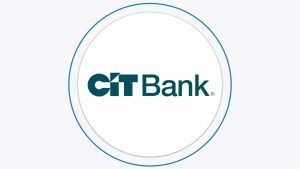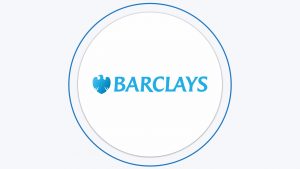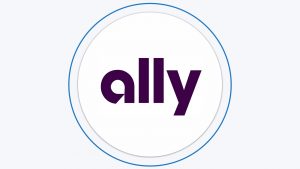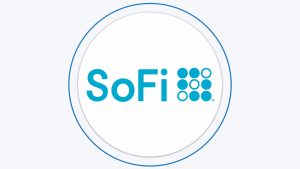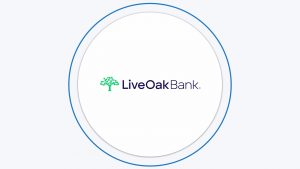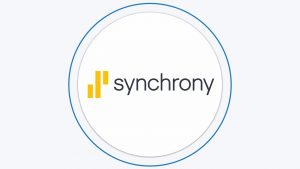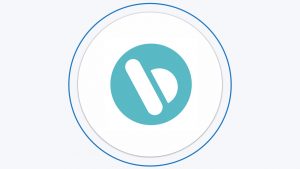Table Of Content
When you’re writing up a budget you need it to be written up properly. When you do you’re going to have a great blueprint to help you along.
After all, your budget is what tells you where your money should be spent or where it should be saved.
Unfortunately, far too many people tend to leave out some of the most important aspects of their budget. That’s why we’re going to look at some of the things you should be paying attention to.
1. Lack of Goals
If you don’t have an ultimate goal it becomes quite difficult to stick to your budget. After all, you don’t really know what you’re working toward at that point.
You don’t want to be just going after a budget with no clear goals in mind. Instead, you want to think about what your plans are and your hopes are for your money.
You want to set some milestones for your ultimate goal and actually put your budget together in a way that lets you reach toward it.
Of course, it can become a little difficult and overwhelming to try and achieve these goals and that’s why it’s a good idea to celebrate.
Keep celebrating the things that you’ve achieved and make sure that you give yourself rewards. Just make sure that you’re not pushing yourself too much with expensive rewards that don’t fit into your budget properly.
2. Skipping Priorities
You need to have priorities built into your budget and those should definitely be things like food, shelter, and transportation.
For these we’re talking about groceries and your mortgage or rent.
If you’re not focusing on these areas before you jump to the fun then you could end up with problems.
Plus, once you focus on the important things you can see areas where you need to cut down the costs and where you may want to.
3. Being Unrealistic
You can’t underestimate your expenses.
Cutting costs in some areas can be a good idea, but getting too unrealistic about what you can cut and what you can’t definitely isn’t going to help you.
If you don’t give yourself what you need in your budget it can cause you to fail and that’s definitely going to make you feel worse.
Now, make sure that you are as realistic as possible when you’re drafting your budget.
Then you can work on changing your spending and making sure that you’re cutting down a little bit of cost in some of the areas.
4. Not Planning for the Unexpected
It seems strange to plan for something that is unexpected but you absolutely need to.
Something always happens in life, so you want to make sure that you have an emergency budget.
You need to have a section of the budget to pay for things like a car repair that you didn’t plan on or a broken window on your house.
If you don’t have a budget set aside for this you could end up derailing your debt plans.
Now, make sure that there’s a contingency plan available and make sure that you have a separate account available for these things.
If you’re prepared for an emergency or you’re prepared for something that comes up randomly you won’t have to worry about how you’re going to pay for it.
You don’t want to break the budget because of a random occurrence.
5. Not Giving Yourself Any Room for Fun
If you don’t give yourself any money to have fun with it’s going to be next to impossible for you to stick to your budget.
You’ll want something and you’ll find yourself falling off the schedule. From there, you end up in even bigger trouble because you start feeling like you just can’t succeed at all.
6. Skipping Irregular Needs
Did you pay attention to things like your annual holiday spending?
How about quarterly car insurance? Did you remember the spending that you have to do but you don’t do every month?
These are still things that absolutely need to show up in your budget though. You need to account for them in the best way possible, by dividing the cost. Take a look at what you spent on irregular expenses over the previous year and then divide that amount by 12.
This is the amount of money you need to plan for each month in order to be prepared for each of those expenses. You want to make sure that you have the money set aside in an entirely different account and that you’re having it automatically transferred so you don’t have to worry about it at all.
Now, if you find that the plan you’re using just doesn’t work for the way that you tend to live your life you may want to check out a different option. You’ll want to look at your income, your expenses, your plans and everything possible about your life.
Then, you want to make sure that you’re reviewing your budget periodically to make sure that it’s actually going to help you along.
7. Give Up Too Early
Many people get overwhelmed by their budget and then, when the breakdown and overspend in a category they just give up.
That’s because it just seems like it’s all over and they just can’t make it. But this isn’t the time to give up.
The key is to take a closer look at your budget when you get to the end of the month. Did you overspend somewhere?
Why did you overspend there? Is it something that’s going to keep happening or something that happened once but you can change?
If it’s because your budget doesn’t account for the costs you need it’s time to change the budget.
Don’t feel discouraged because you make a mistake or you didn’t get the budget exactly right the first time around.
You’re supposed to run it through a few times and try out some changes along the way. Just make sure you eventually get yourself to the right budget balance.
Top Offers From Our Partners
• Receive a cash bonus of $1,500 when you deposit or invest $100,000 – $199,999.99
• Receive a cash bonus of $2,000 when you deposit or invest $200,000 – $299,999.99
• Receive a cash bonus of $2,500 when you deposit or invest $300,000 – 499,999.99
• Receive a cash bonus of $3,500 when you deposit or invest $500,000+
• Earn an extra $500 when you set up recurring monthly Direct Deposits totaling at least $5,000 for 3 months
8. Not Tracking Spendings
It’s quite easy to make a budget and completely ignore the realistic aspects of what you spend. That’s why you want to make sure you pay attention to what you’ve been spending.
Track your total spending for at least 30 days and see where you’re spending, how much you’re spending on different things and where you could actually be cutting some of your costs.
You may find some areas that you can cut down because you’re spending a bit too much right now.
When you don’t know what you’ve already been spending on a set item you definitely can’t tell how much you should be putting into your budget.
You want to make sure that you then find the right type of budget. Whether you use the envelope method or some type of software you want to really go with something you can really stick to.
9. Keeping Your Budget Too Consistent
You want to follow a budget that changes with each month.
After all, you have different expenses going on each month that you need to account for.
Pay attention to the differences and then make sure that your budget flexes and fluctuates with what you actually need to spend.
10. Keeping it in Your Head
If you don’t write down your budget you’re going to forget it or you’re just plain going to ignore it.
You won’t remember how much you were supposed to put into different places, for example.
That’s why writing it down is an important aspect.
11. Using Credit Cards
Your budget should never use your credit cards to do it.
It means that you’re spending more money than you have and it definitely means that you could overspend by a lot.
You may find yourself in even more trouble than you were before.
So, make sure you switch to using only cash so you can stick to each part of your budget.
12. Not Budgeting At All
The absolute worst thing that you can do is not have any kind of budget.
You want to have a spending plan that’s based off what you’ve actually spent during this month.
Then, keep tweaking and adjusting your plan along the way to make sure you finally get to the right budget.
It’s a complex process, but you can absolutely do it, and you can create a budget that works for you.




